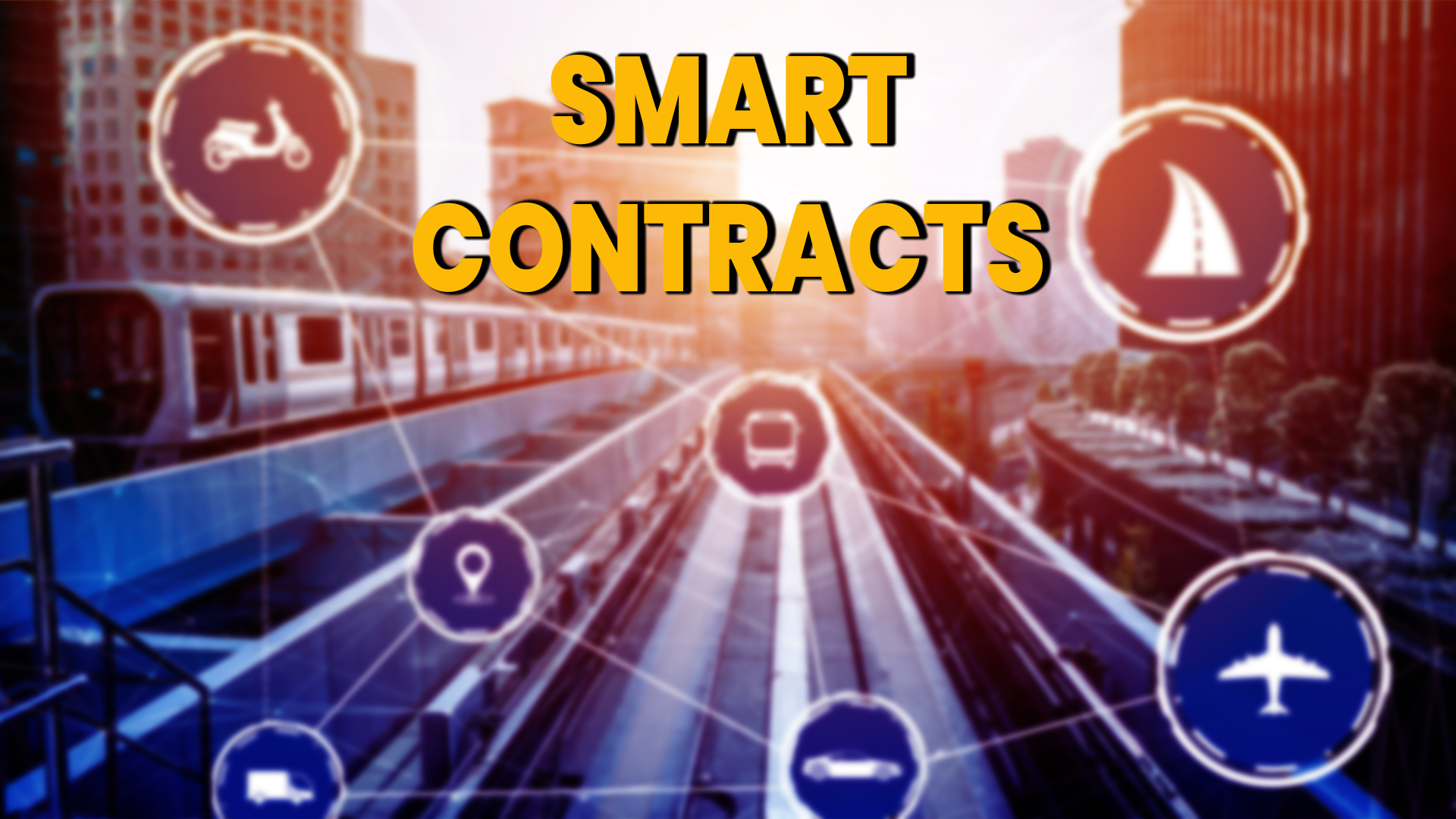

Smart contracts initially came to the forefront with the development of the Ethereum blockchain. Since its introduction, it’s been used in various sectors whether it’s digital or real-world. The complexities of traditional systems have various reasons like compliance and human errors. Meanwhile, smart contracts came into this scene as a crucial element that has the potential to transform conventional methods by making systems automated. Distributed ledger is an additional benefit of using blockchain-based contracts, as every transaction gets recorded on a shared ledger.
Smart contracts are automated agreements that get self-executed after meeting certain conditions. These conditions are integrated into the contract which gets automatically triggered once the criteria is fulfilled. For instance, the release of payment to an entity is contingent upon a successful deal. With the help of these automated contracts, these payments are released without any human intervention. Even the data will get verified after the successful delivery of goods.
Decentralization provides the framework and security for a smart contract’s execution. Blockchain-based distributed ledger technology helps in recording transactions across many computers. Meanwhile, it ensures data transparency and immutability to avoid any kind of manipulation. When a transaction gets completed and is recorded on the blockchain, it becomes unchangeable after the smart contract’s execution.
Many transportation networks are already in place. Integrating smart contracts into these existing systems can create complexities. These contracts have to be designed in such a way that they can interact with several stakeholders, data and legitimacy, as it requires a planned implementation to ensure streamlined function.
Standardization is another factor responsible for putting a hurdle in the growth of supply chains. The lack of this protocol across supply chains can hinder the effective implementation of a decentralized transport system. These chains include multiple parties with their specific operations and processes. After achieving consensus on interoperability and standardization, it becomes an important aspect of smart contract adoption which is responsible for effectiveness.
Smart contracts are designed to implement immutability and flexibility to develop an unaltered ecosystem. This helps to develop a platform’s trust and transparency. It helps to reduce challenges when updates become necessary to fulfil the changes in business requirements to overcome unpredictable situations. Immutability and flexibility are crucial aspects of building efficiency in a supply chain or transportation network.
Blockchain-based smart contracts are built to ensure a system’s security-related vulnerabilities. However, smart contract algorithms or underneath blockchain platforms are prone to cyber attackers. Financial loss can happen due to security breaches that can cause disruptions in the transportation networks along with unsafe data integrity. To mitigate these kinds of risks, regular security audits and rigid cybersecurity measures should be a major factor to be implemented into these systems.
Decentralization-enabled technology helps to build systems where multiple users can record their transactions directly without any trusted intermediaries or centralized authority. This helps to ensure the authentication of transactions while providing a high level of security, privacy, and interoperability. This can also support the development of custom Blockchain, along with empowering industries like transportation systems or supply chains.
Token airdrops have historically introduced investors to new blockchain projects. However, many distributions fail to…
Airdrops have traditionally been used to introduce new investors to blockchain projects, but their effectiveness…
The approval of Bitcoin ETFs was one of the most anticipated events in crypto history,…
The blockchain space continues to evolve, with projects pushing security, scalability, and user engagement to…
As the cryptocurrency market recovers from recent volatility, several projects emerge as strong contenders for…
The cryptocurrency market is showing strong bullish signals, with many altcoins poised for significant gains.…
This website uses cookies.